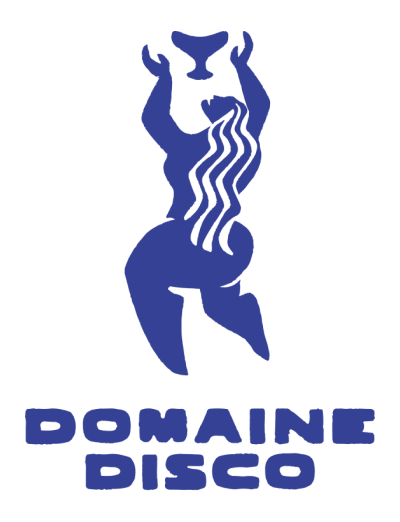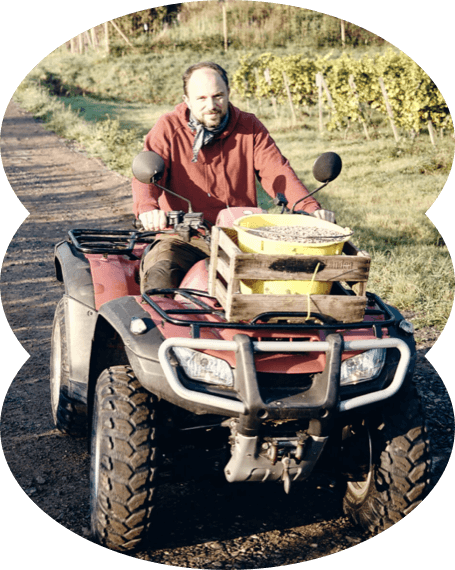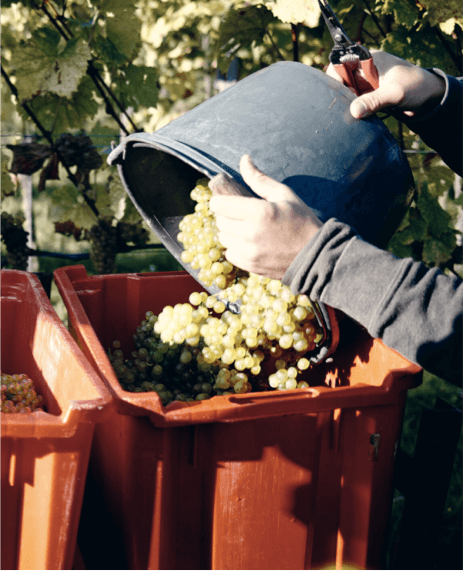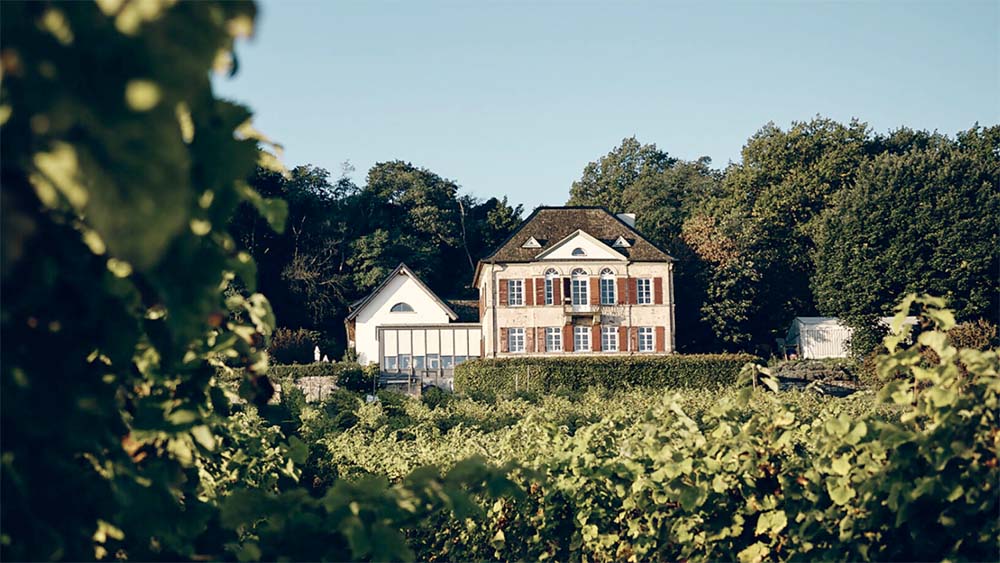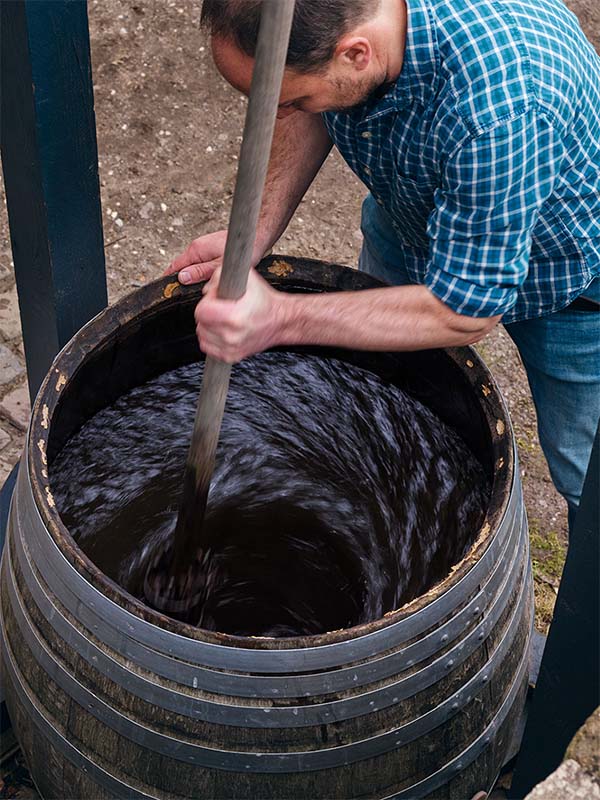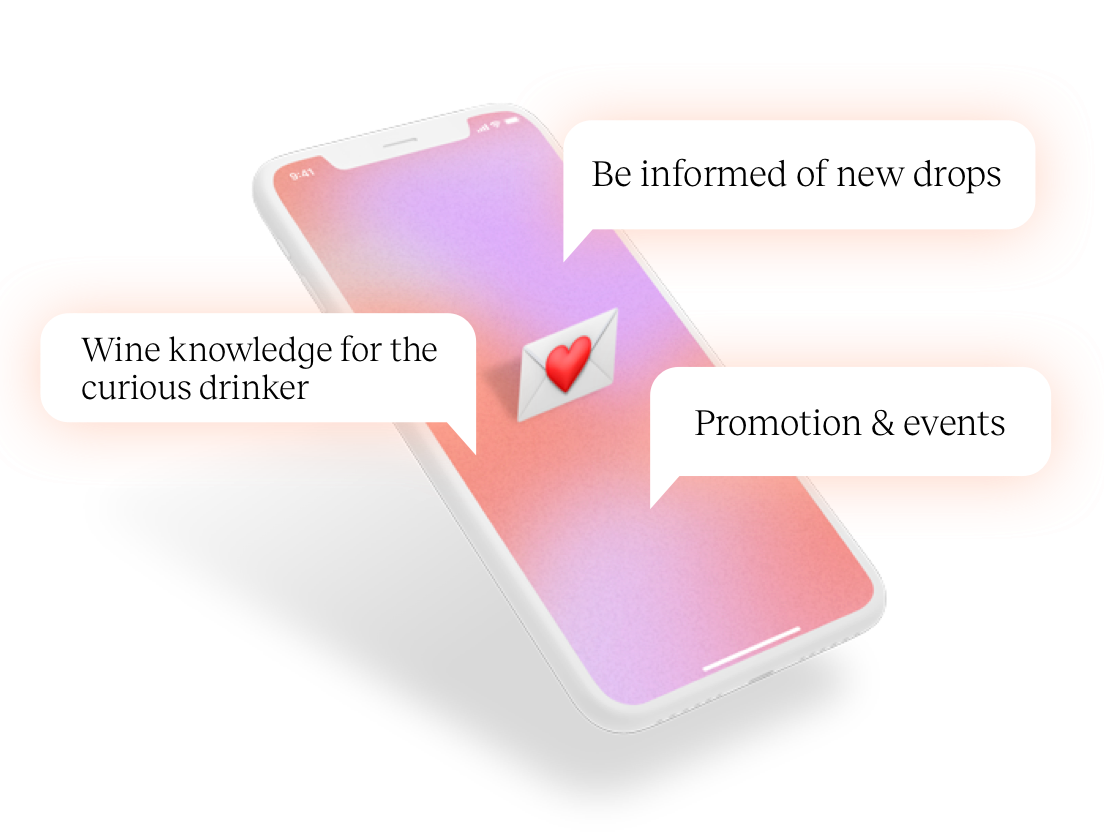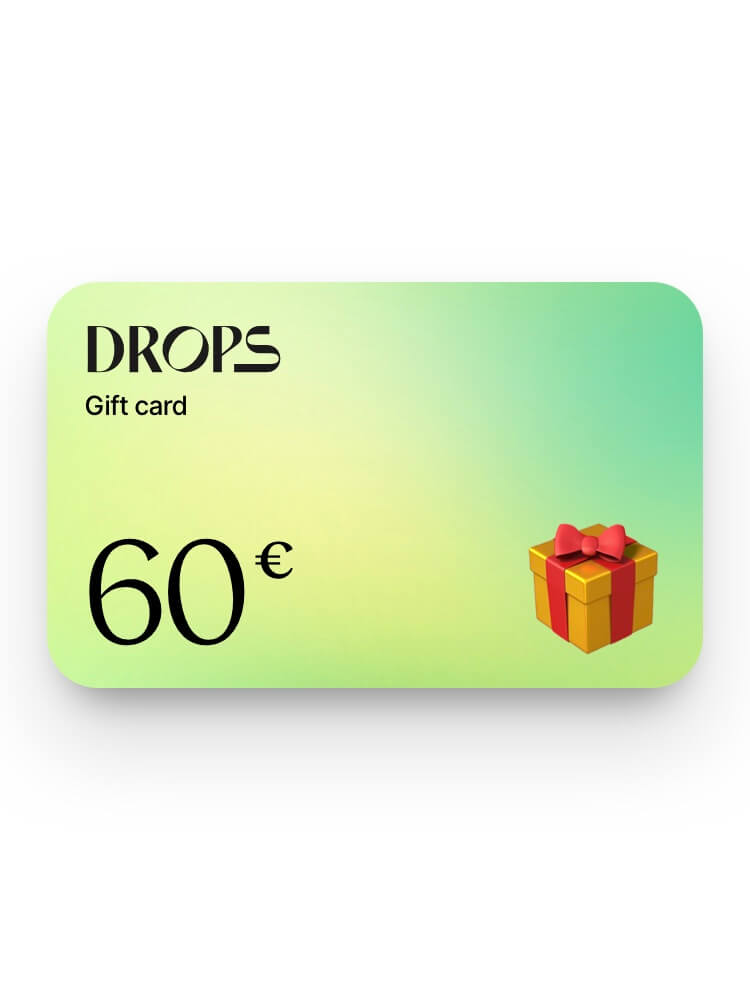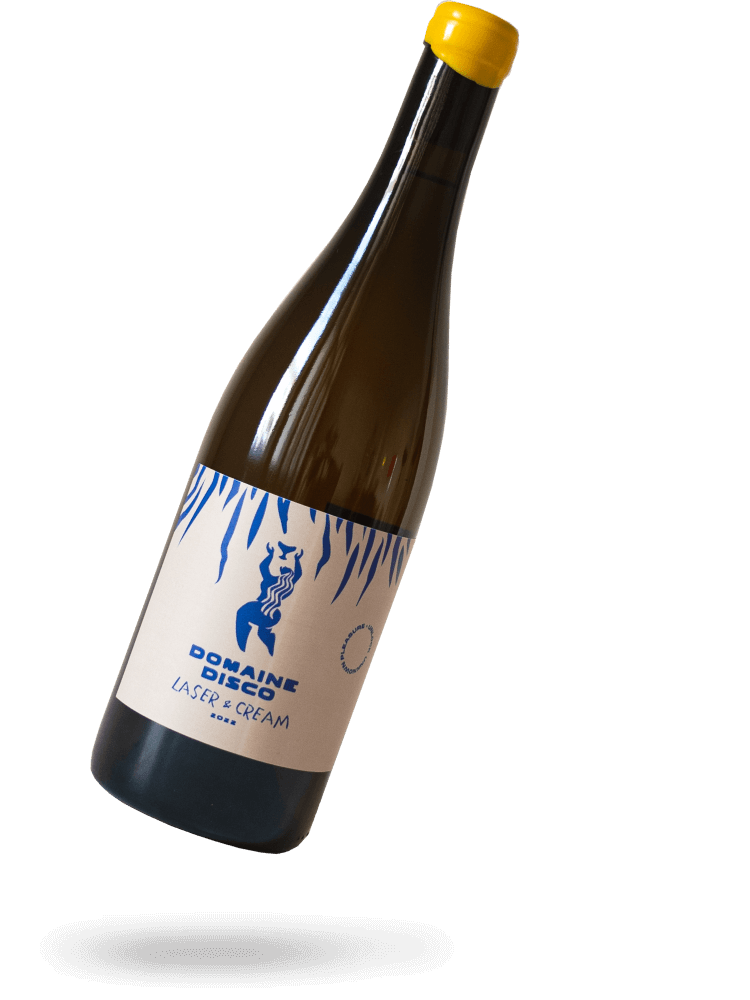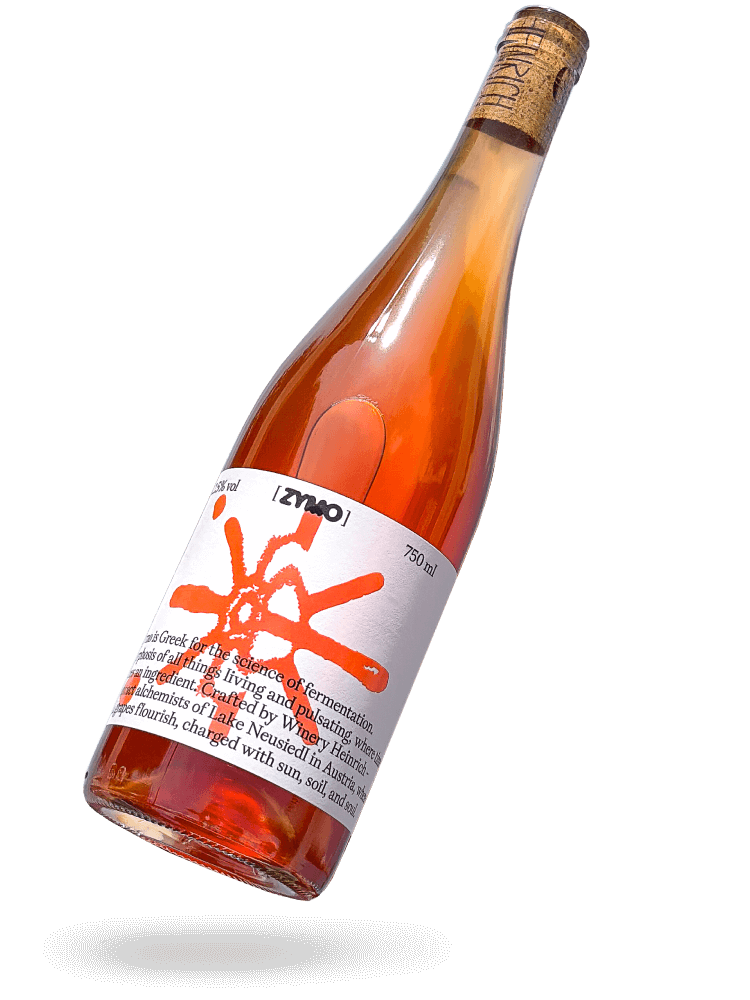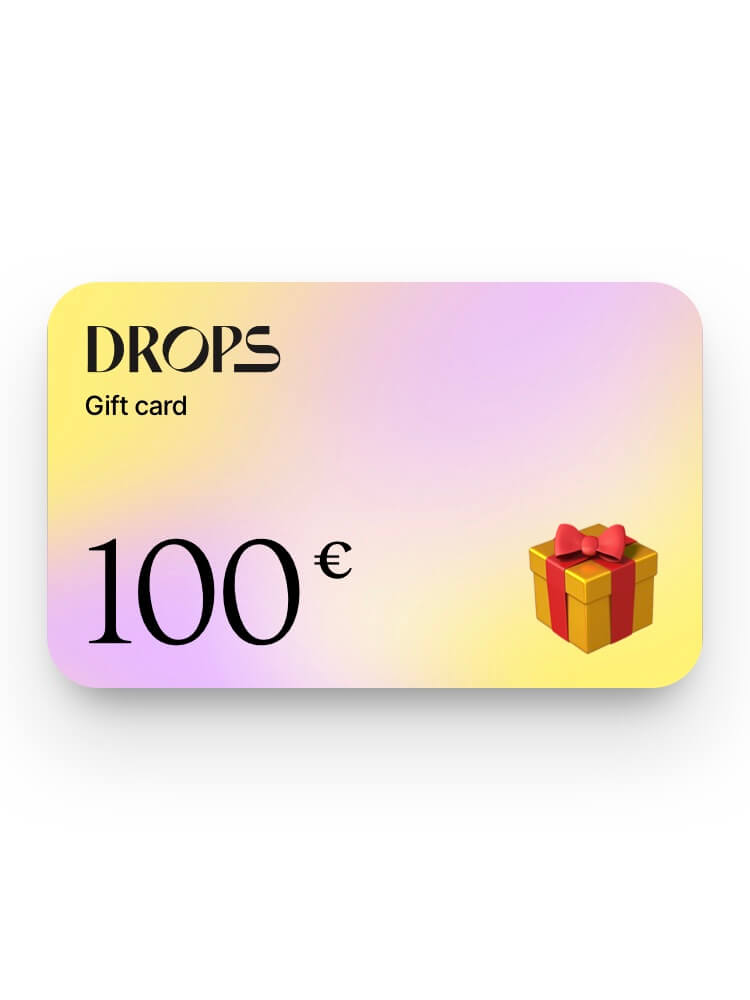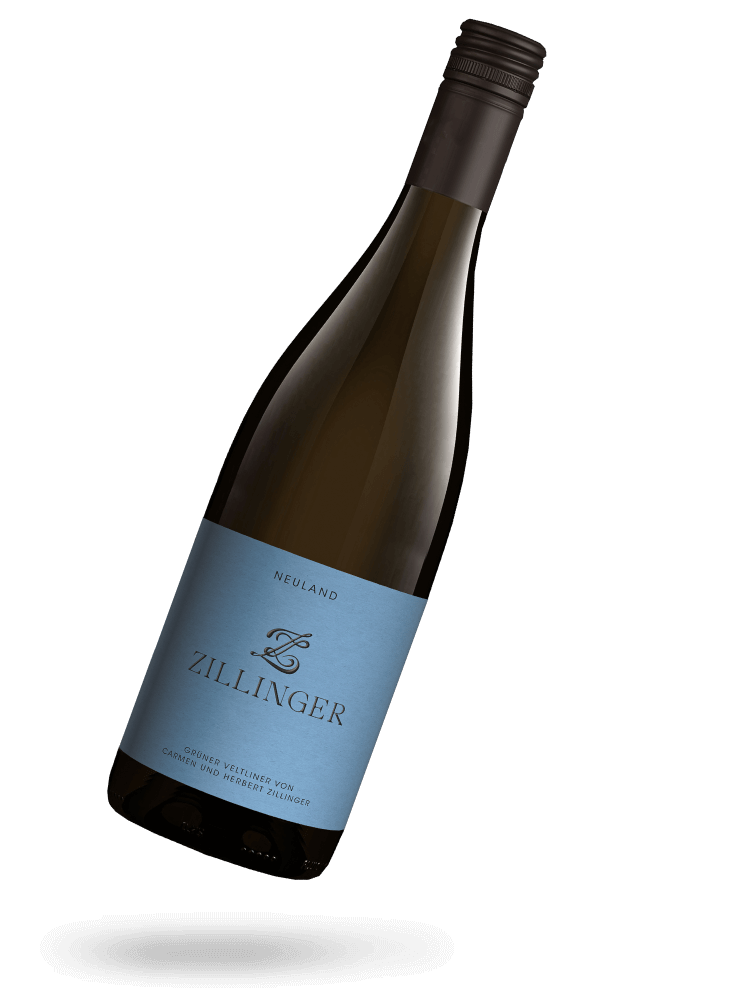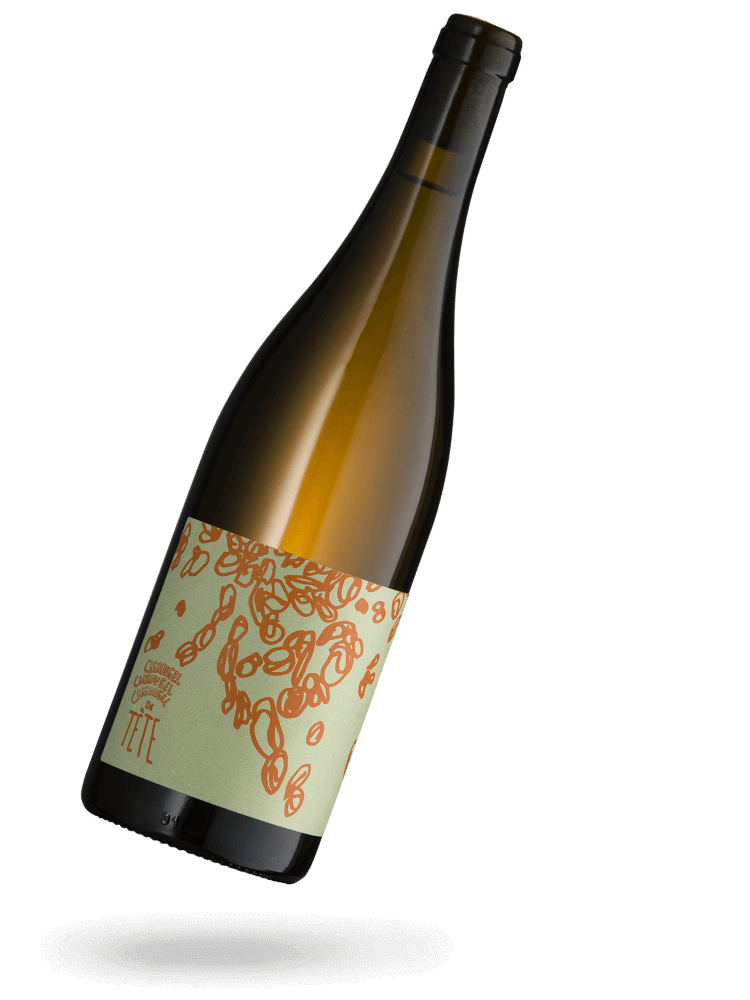The German wine market feels like it’s in transition right now. How would you distill what Odinstal stands for today in just a few words?
Andreas Schuhmann: I think we’re still one of Germany’s pioneering estates for biodynamic viticulture, working on truly unique terroirs and living the concept of sustainability holistically across all its pillars.
When you think of “great wine” – what does that mean to you? Is it craftsmanship, emotion, precision… or something else entirely?
Andreas Schuhmann: It’s the combination of several factors. Of course, it must be crafted perfectly and produced ethically, with the smallest possible negative impact on people and the environment – and naturally, made only from grapes and a touch of SO₂. Beyond that, it has to move me emotionally. Even simple, joyful wines can do that. It becomes truly great when elegance and precision enter the picture.
Climate change is radically rewriting the rules of viticulture. Odinstal lies cool and sheltered, almost like its own ecosystem. Is that more of an advantage – or does it also bring new challenges that aren’t immediately visible from the outside?
Andreas Schuhmann: Both. Since 2024, we’ve also been cultivating warmer, limestone-rich sites in Herxheim – so we know both extremes. Odinstal is an ecological niche: forests and meadows create nighttime cooling and dew, which helps during droughts but also favors mildew – a constant challenge. Economically, the site’s low yields of 30–40 hl/ha and extensive biodiversity areas add to the difficulty. Every bottle of Odinstal, therefore, represents not just wine, but the preservation of nature and diversity.
What’s your personal definition of terroir – and how does it show up in your wines?
Andreas Schuhmann: For me, terroir is about making the origin tangible in the glass – how geology, soil, and climate express themselves in the wine. It’s also shaped by regional winemaking cultures that define style: fruit-driven (like Beaujolais or Mosel) or tannin-driven (like Piedmont or Friuli). In our wines, this is easy to trace: Riesling from Buntsandstein is citrusy and fruit-forward, from Muschelkalk chalky, and from Basalt smoky with a hint of exotic fruit.
You’re one of the most progressive voices in the German wine scene. In your view, what still needs to change – among winemakers and maybe also merchants – for wine to truly resonate with a younger generation?
Andreas Schuhmann: Our communication needs to be more honest and human. We shouldn’t pretend harvesters don’t exist – over 90% of Pfalz vineyards are picked by machine. Those drinking wine under €10 should understand that hand-harvesting isn’t possible without exploitation. At the same time, no one needs to know which type of rose thyme a wine smells like – that’s pretentious and meaningless. What matters is that the wine feels good. And that people understand they’re not just buying a drink, but also supporting culture, landscape, and biodiversity.







